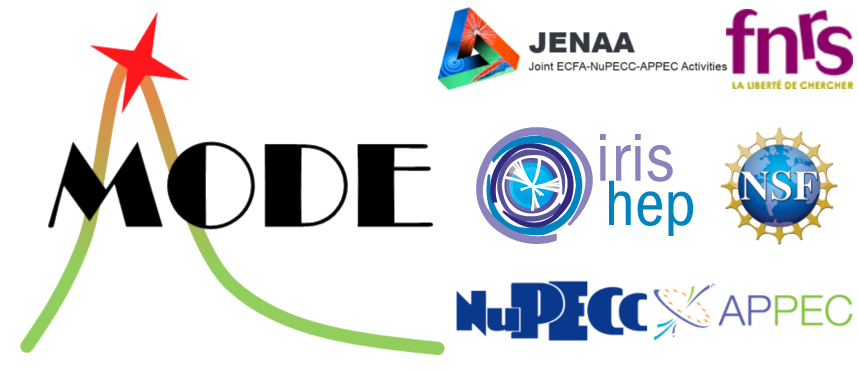Speaker
Description
The recent MODE whitepaper*, proposes an end-to-end differential pipeline for the optimisation of detector designs directly with respect to the end goal of the experiment, rather than intermediate proxy targets. The TomOpt python package is the first concrete endeavour in attempting to realise such a pipeline, and aims to allow the optimisation of detectors for the purpose of muon tomography with respect to both imaging performance and detector budget. This modular and customisable package is capable of simulating detectors which scan unknown volumes by muon radiography, using cosmic ray muons to infer the density of the material. The full simulation and reconstruction chain is made differentiable and an objective function including the goal of the apparatus as well as its cost and other factors can be specified. The derivatives of such a loss function can be back-propagated to each parameter of the detectors, which can be updated via gradient descent until an optimal configuration is reached. Additionally, graph neural networks are shown to be applicable to muon-tomography, both to improve volume inference and to help guide detector optimisation.
*MODE et al. (2022) Toward the End-to-End Optimization of Particle Physics Instruments with Differentiable Programming: a White Paper, arXiv:2203.13818 [physics.ins-det]
